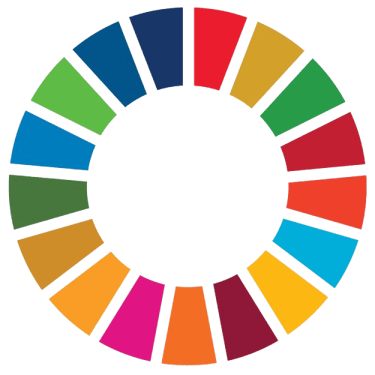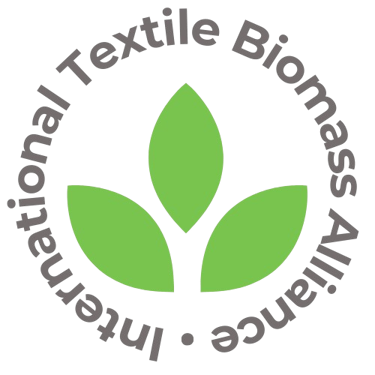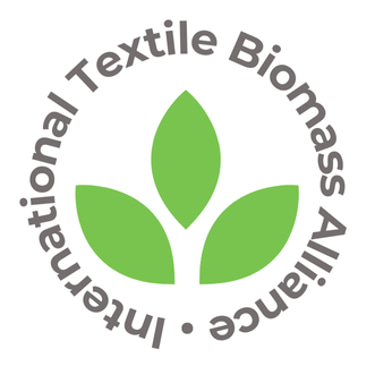Enzymatic revolution: Carbios paves the way for "fiber-to-fiber" textile recycling
French company Carbios is reaching decisive milestones in industrializing its enzymatic polyester biorecycling technology. In 2025, several major announcements confirm industrial interest in this breakthrough innovation that could radically transform the textile sector.
11/19/20251 min read


In October 2024, Carbios and its "fiber-to-fiber" consortium partners (On, Patagonia, PUMA, Salomon and PVH Corp) unveiled the world's first garment made from 100% enzymatically recycled textile waste polyester Carbios. This major technical achievement demonstrates the industrial viability of the process.
Structuring industrial partnerships
In July 2025, Carbios signed a multi-year commercial agreement with Indorama Ventures to supply biorecycled monomers for textile filaments for Michelin tires (CarbiosEuronext). This partnership marks Carbios' entry into the industrial technical textiles market.
In December 2024, Carbios and Nouvelles Fibres Textiles signed a memorandum of understanding for a supply contract of 5,000 tons per year of prepared polyester textiles, for an initial period of 5 years starting from late 2026 (CarbiosGlobeNewswire). This structuring collaboration aims to create a complete ecosystem in France for textile circularity.
A unique enzymatic technology
Carbios' C-ZYME™ process uses specific enzymes to break down PET into its basic monomers, enabling production of recycled materials of equivalent quality to virgin petroleum-based materials. Unlike traditional thermomechanical methods, this approach can recycle all types of PET waste, including colored and complex textiles.
In October 2023, Carbios inaugurated its textile preparation line in the presence of Roland Lescure, then Minister for Industry, an essential step because "as long as there is no textile preparation solution, there will be no recycling industry" (Carbios).
A favorable regulatory context
At European level, separate collection of textile waste became mandatory in member states from January 1, 2025 (Carbios). The European Union's sustainable textiles strategy aims to ensure that by 2030, textile products are largely made from recycled fibers (Carbios).
Carbios' demonstration plant has been operational since 2021, and construction work on the world's first biorecycling plant in Longlaville should resume in the second half of 2025 (CarbiosEuronext). This site is expected to generate 150 direct and indirect jobs and process 50,000 tons of technical textiles per year.
This dynamic illustrates how biotechnological innovation can provide concrete answers to textile circularity challenges, with potential for international deployment through licensing models.
ITBA - AIBT
If you have any questions, please do not hesitate to contact us.
FOLLOW US
Ressources
contact@itba-aibt.org
© 2025. All rights reserved.
Help




